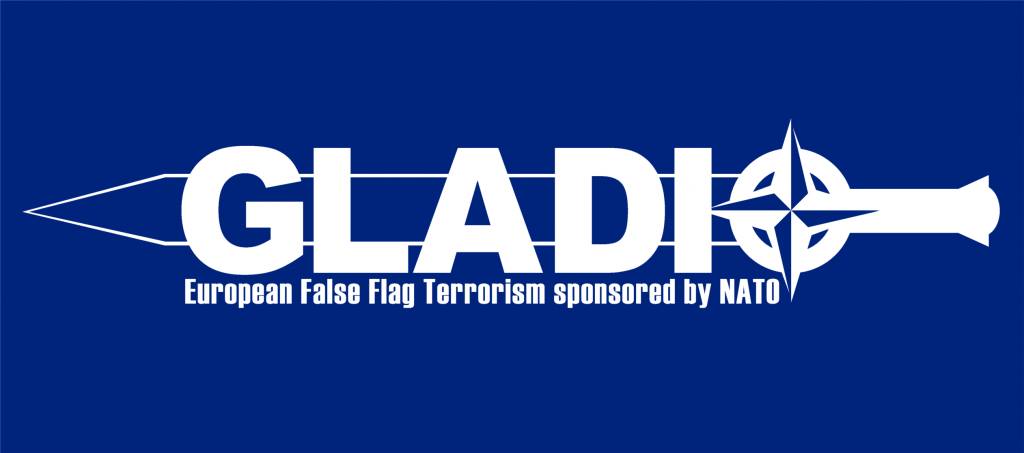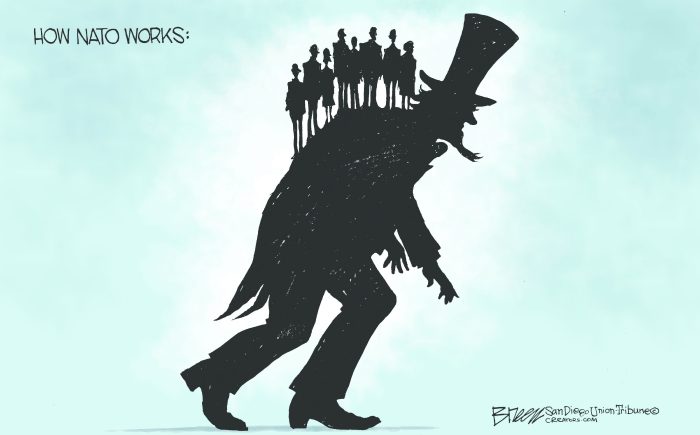Operation Gladio, a covert operation that existed during the Cold War, has long remained shrouded in secrecy. Unearthed in the 1990s, this clandestine network of intelligence agencies and paramilitary groups, allegedly sponsored by NATO, has raised eyebrows and sparked intense debates. Often associated with political manipulation, false-flag operations, and the deep state, Operation Gladio has left an indelible mark on European history and global geopolitics. In this article, we delve into the origins, activities, and controversies surrounding Operation Gladio.
Origins and Structure
Operation Gladio was initiated in the aftermath of World War II as a defense strategy against a potential Soviet invasion in Western Europe. Officially established by NATO in 1952, it comprised a network of secret “stay-behind” armies, designed to operate behind enemy lines in the event of an invasion. The primary objective was to engage in guerrilla warfare, sabotage, and resistance against occupying forces.
The structure of Operation Gladio varied across countries, with each member state having its own secret organization. These entities were typically composed of selected military personnel, intelligence agents, and civilian volunteers who underwent intensive training in guerrilla warfare, sabotage, and clandestine operations. The network maintained its secrecy by operating in compartmentalized cells, limiting knowledge of the operation to a select few.
Activities and Allegations
The precise activities of Operation Gladio remain controversial, as information surrounding the operation is scarce. However, there have been allegations that Gladio was involved in a series of clandestine actions, including political manipulation, espionage, false-flag attacks, and destabilization efforts.
One of the most notable instances linked to Operation Gladio is the “Strategy of Tension.” This term refers to a string of bombings and terrorist attacks across Western Europe during the Cold War period. These attacks, such as the Bologna massacre in 1980, were initially attributed to left-wing extremist groups but later uncovered as acts committed by right-wing paramilitary organizations with alleged ties to Gladio. The goal behind these acts of violence was to create an atmosphere of fear and political instability, thereby influencing public opinion and discouraging support for left-wing ideologies.
Controversies and Investigations
The revelation of Operation Gladio in the early 1990s raised significant concerns regarding the accountability and transparency of intelligence agencies and NATO itself. The existence of a secret army operating within democratic nations, allegedly involved in acts of violence against their own citizens, led to widespread public outrage.
Several investigations were conducted across Europe to shed light on Operation Gladio. The European Parliament, along with national governments, launched inquiries to uncover the truth behind these covert activities. While some findings corroborated the existence of Gladio and its involvement in illicit activities, the full extent of its operations and the degree of its coordination with NATO remains a subject of ongoing debate.
Legacy and Implications
Operation Gladio left a profound impact on European politics and the perception of intelligence agencies. It exposed the vulnerabilities of democratic institutions, raised questions about the integrity of security services, and fueled conspiracy theories surrounding the deep state.
The revelations surrounding Gladio also led to increased public scrutiny of intelligence activities, resulting in reforms and tighter oversight of security agencies. The legacy of Operation Gladio serves as a reminder of the delicate balance between national security interests and the preservation of civil liberties within democratic societies.
Final Thoughts
Operation Gladio remains a controversial chapter in Cold War history, exposing the covert operations conducted by intelligence agencies and paramilitary groups across Western Europe. While its exact scope and involvement in various events are still the subject of intense speculation, the existence of Gladio has brought to light the complex dynamics between intelligence agencies, national security, and democratic accountability. As investigations continue and further information emerges, Operation Gladio will likely remain an enigma, provoking debate and shaping our understanding of hidden power structures in the modern world.


